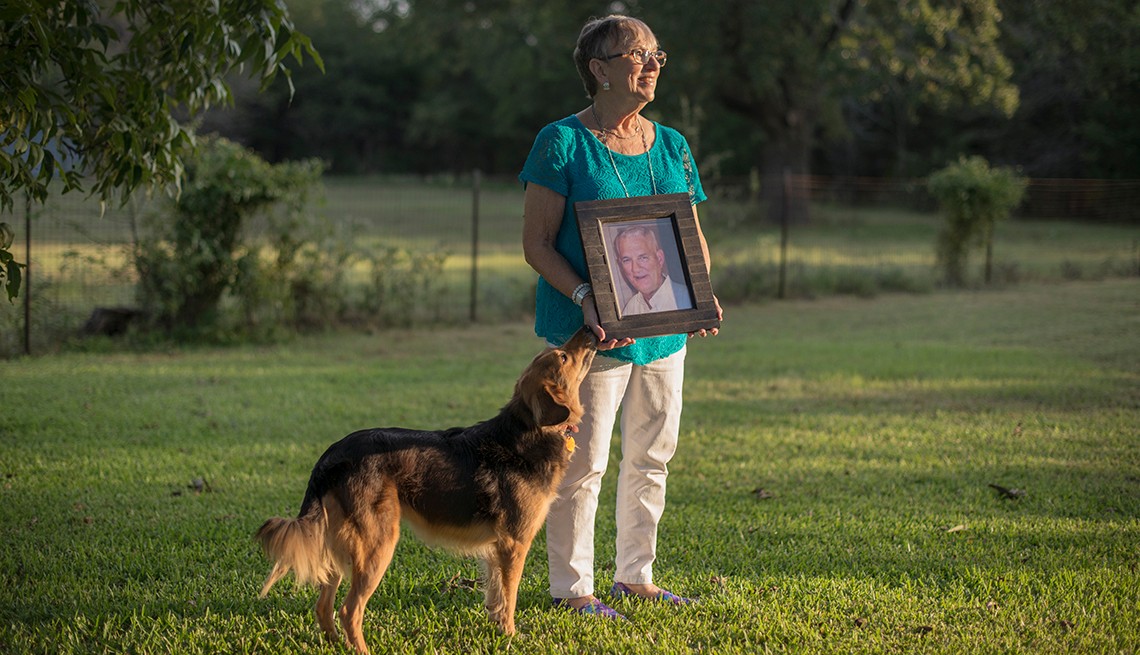AARP Hearing Center
In English | Margaret loved caring for her father in her home in the months after a stroke left his balance poor and strength weak. But then the other love of her life — her husband of 30 years — suddenly needed her time and attention after being diagnosed with prostate cancer and facing surgery and radiation therapy. Could she really take care of the two of them without spreading herself too thin and doing an inadequate job with both? But could she possibly care for one and not the other?
She did, though. Or, rather, she took it upon herself to call a meeting of her four siblings to see who might be willing to care for their father next. One of her older sisters stepped up. Then, with anxious and guilty feelings, Margaret told her father that she had to opt out of being his primary caregiver because of her husband’s medical needs. He listened carefully, put his hand on hers and said, “He’s your husband. He comes first.” She immediately felt relief, although some guilt lingered.
There are many situational, emotional and financial reasons why family caregivers opt out of caregiving. (Obviously, there are some relatives too busy or uncaring to have ever opted in to begin with.) There are those who, like Margaret, must pivot toward another medical crisis or serious problem with another family member. There are those who become worn down over time by the mounting work and stress, which harm their own physical and emotional well-being. And there are those who are told by physicians that the care recipient’s condition has deteriorated so markedly that he now requires the round-the-clock supports of a skilled nursing facility.
Get help for common caregiving conflicts with AARP's Care Guide
None of these decisions and transitions are easy. Many family caregivers avoid them, refusing to give in or give up, until some major crisis — for instance, a loved one’s broken hip due to a fall or escalating confusion and agitation — forces some sweeping change. Even then, some family caregivers are slow to react because they are wracked with guilt or feel bound to keep unrealistic promises to be the main care provider indefinitely.
How can family caregivers approach the decision to opt out with their own and their loved one’s best interests in mind — and live with whatever follows? Here are some ideas:
A change of mind is not a change of heart: Except in those uncommon instances in which the caregiver and care recipient so antagonize one another during caregiving that they need a kind of divorce, most caregivers continue to care and remain connected. The caregiver’s role may shift from daily hands-on chores to weekly backup duty, but they still contribute as much as they can. Even if their loved one enters a nursing home, they visit often, advocate for them with the staff, and bring treats.






































































